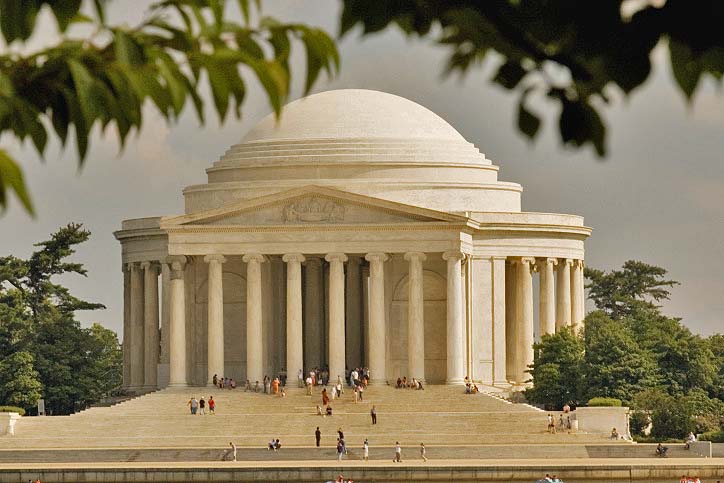|
|
LITR 4231
Early American Literature 2010 research post 1 |
|
Alana Nesteruk
March 29, 2010
Christopher Columbus: Life and Voyages
I have always been interested in Columbus’s life, voyages, and discovery of America. I was intrigued by his writings that we read in class and have since been curious to learn more about Columbus. I have also heard that Columbus didn’t actually discover America and that he landed somewhere else entirely and only thought he’d discovered America. Columbus and the discovery of America is something that we hear so much about but the details are often left out. I chose this topic because I feel that Columbus and the discovery of America are very important to Early American Literature as well as to every American’s own personal bank of knowledge.
According to Encyclopedia.com, Christopher Columbus was born in Genoa, Italy in 1451. Columbus spent his early years weaving (his father’s trade) but later he became a sailor on the Mediterranean. His younger brother Bartholomew was an expert chart maker and Columbus took up the trade as well. By the time Columbus was approximately 31, he had become a master mariner in the Portuguese merchant service. He believed that one could reach land by sailing west and he referred to his dream as the “Enterprise of the Indies.” Columbus sought support for his plan for eight years and finally the Spanish monarch granted his wish.
On August 3, 1492, Columbus sailed from Palos, Spain on his first expedition with three ships: The Santa Maria, The Pinta, and The Maria. He sailed west from September 6 until October 7 and then changed his path to the southwest until October 12 when he landed on San Salvador, a small island in the Bahamas. He took possession for Spain, met natives, and discovered neighboring islands. On December 5, he reached Hispaniola; however, on Christmas Eve the Santa Maria was wrecked and Columbus headed back to Spain on the Nina leaving men behind to found a colony.
During his second expedition he left Spain with 17 ships and 1,500 colonists, discovering the Leeward Islands, Jamaica, and Puerto Rico. On Columbus’ third expedition in 1498, Columbus attempted to administer his disorderly colony but the Spanish Monarch caught word of the conditions in Hispaniola and in 1500, they had Columbus sent back to Spain in chains.
In 1502, Columbus made a fourth and final expedition in hopes of salvaging his reputation. He hoped to find Asia or Japan but landed on the coast of Honduras in Central America. He suffered many hardships and was forced to return to Spain and died in 1506 petitioning King Ferdinand for his promised titles and wealth.
According to an article in the New York Times, by John Noble Wilford, Scholars are still debating Columbus’ landing site. Archeologists have recently excavated Spanish beads and coins of the Columbian period in the ruins of a village on the island of San Salvador; however, the article states that the “debate is at an impasse (Wilford).”
Enclyclopedia.com as well as an
article from Canadafreepress.com state that Christopher Columbus was not the
first explorer to discover America and that Leif Ericsson first settled America
in approximately 1000 A.D. But as Rohrich states in his article,
“The truth is that neither
the Vikings, the Chinese nor any plethora of others who may have discovered
America centuries before Christopher Columbus did anything significant with
their discovery. It was Columbus that returned to Spain to tell Ferdinand and
Isabella about the fabulous new land that he had discovered, setting off the
great surge of exploration that characterized the next three centuries.”
Columbus landed in America, whether he was the first to discover America,
however, is still up for debate. Despite the ongoing debate, I have found the
answer to my question along with some history of Colombus’ life and details of
his expeditions. If I continue my research on Columbus, I plan to find more
about his writings and what his voyages contributed to Spain.
Works Cited
2.Rohrich, Klaus. "Christopher Columbus didn't really
discover America. So what?." Candafreepress.
(2005): Web. Retrieved March 29, 2010 from
http://www.canadafreepress.com/2005/klaus050905.htm
2. Wilford , John, Noble. "Scholars still Debating Columbus
Landing Site." New York Times
. (1985): Print. Retrieved March 26, 2010 from Nexis Lexis
UHCL Database
http://www.lexisnexis.com/us/lnacademic/api/version1/sr?csi=6742&sr=headline%28SCHOLARS+STILL+DEBATING+COLUMBUS+LANDING+SITE.%29+and+date+is+October+12%2C+1985&secondRedirectIndicator=true
3.http://www.encyclopedia.com/topic/Christopher_Columbus.aspx
|
|
|
|


